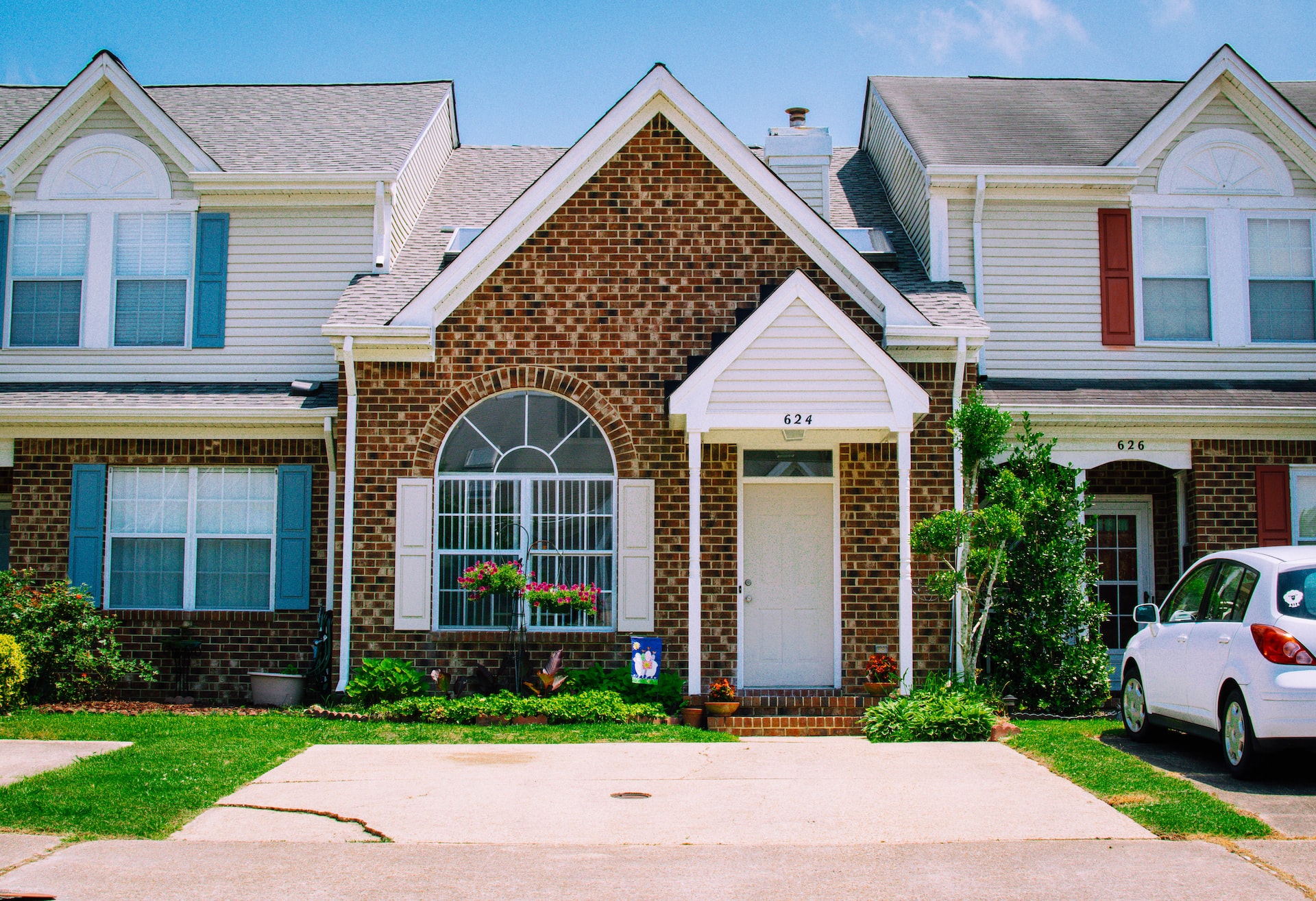Are you planning to purchase a home soon? Once you’ve shopped around and found the home of your dreams, the next step is to make a formal offer to the seller. Of course, you’ll also need to provide earnest money when buying a house to demonstrate to the seller that you’re serious about buying their home.
But before you hand over your hard-earned cash, you should understand the difference between earnest money and down payment, when it’s generally payable and what happens if the deal falls through. It’s equally important to know how much earnest money you should pay and how to protect your funds during the transaction.
What is Earnest Money When Buying a House?
Earnest money is a good faith deposit the prospective buyer hands over to the seller when submitting a purchase offer. It is a crucial factor in determining if the seller will accept your offer, particularly if you live in an area with high demand and limited inventory.
The primary role of earnest money is to protect the interests of the seller if the deal falls through due to something other than a contingency stated in the contract.
Earnest Money vs. Down Payment
Earnest money is payable when the seller accepts your offer and be used toward your down payment or closing costs. But the down payment is payable at closing.
How Much Earnest Money Should You Pay?
Most buyers make earnest money deposits between 1 and 5 percent of the purchase price submitted in the offer. So, if you’re offering $375,000 for a home, an earnest money deposit between $3,750 and $18,750 will typically suffice unless the housing market in the area you’re looking to buy is extremely competitive. In that case, it could be in your best interest to offer an even higher earnest money deposit.
As mentioned earlier, a heftier good faith earnest money deposit could be the difference between your offer being accepted or rejected if there are several offers on the home. Another upside of a larger earnest money deposit is that you’ll get to bring less money to the closing table.
When Is Earnest Money Due?
The earnest money is generally payable by personal check, cashier’s check or wire transfer once the seller accepts your offer. But instead of paying the seller directly, the funds are deposited into an escrow account belonging to the seller’s title company or real estate company. Then, when it’s time to close the transaction, the funds are typically applied toward the buyer’s down payment or other closing costs.
What Happens with Earnest Money if the Deal Falls Through?
In the unfortunate event that the deal falls through, the way your earnest money is handled depends on what’s stated in the contract. But a contingency being met is often the only way to get your entire deposit back.
Can You Get the Earnest Money Back?
Your entire earnest money deposit may be refunded if you withdraw from the purchase contract due to one of the following contingencies:
Home Inspection Contingency
This kind of contingency allows you to walk away from the deal and get your earnest money back if the home inspection reveals structural defects or the need for serious repairs. You also have the option to move forward if the seller agrees to discount the purchase price or rectify the issues prior to closing.
Appraisal Contingency
If there’s an appraisal contingency in the contract, it means you have a right to back out if the property appraises for less than the purchase price. In this case, you can request that the seller lower the price or walk away from the deal and have the earnest money refunded to you.
Financing Contingency
Preapproval doesn’t guarantee that the lender will fund your home purchase. However, if your financing does fall through before you reach the closing table, this contingency will protect you from losing your earnest money deposit.
Contingency for Selling Current Home
Do you need to sell your current home to purchase the new one? You can get your earnest money deposit back if you’re unable to do so and can’t close on the new home.
Waiving Contingencies
You may be inclined to waive these contingencies, particularly if demand far exceeds supply in your local real estate market. However, it’s not in your best interest to do so, even if it means you’ll have a tougher time finding a home, as they exist to shield you from losing your hard-earned money if a real estate transaction doesn’t go as planned.
Ways to Protect Your Earnest Money
Before searching for a home and submitting a purchase offer, understand the ways you can protect your earnest money from fraudsters.
Acquire an Escrow Account
Confirm your funds are going to an escrow account belonging to the seller’s title company or real estate company. They shouldn’t ever be sent directly to the seller, and be sure to keep a copy of the receipt until the loan closes and is funded by the mortgage company.
Understand Your Contingencies
Review the contingencies included in the contract and ask any questions you may have if you’re unsure of how they work. If the seller pressures you to waive certain contingencies that could put your earnest money deposit at risk, you may want to consider other options.
Know and Stick to Your Responsibilities
Both the buyer and seller have deadlines to meet throughout the purchase process. Be sure to uphold your end of the bargain to avoid inadvertently breaching the contract and forfeiting your earnest money.
Get Everything in Writing
Verbal agreements are a big no-no in the real estate world. Therefore, it’s essential that everything regarding the purchase agreement, including what happens with earnest money if the deal falls through, is put in writing to avoid any confusion or conflict throughout the home-buying process.







